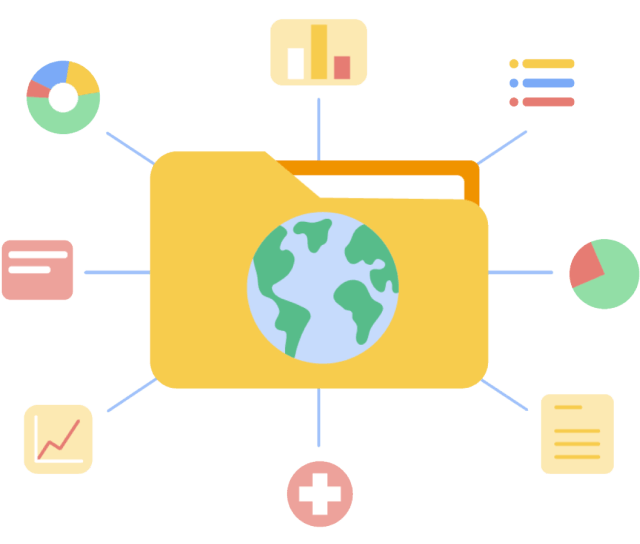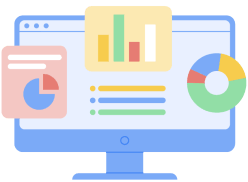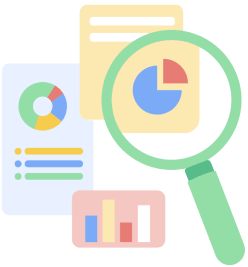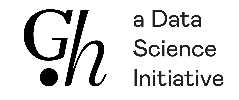COVID-19 Open Data Repository

The Google Health COVID-19 Open Data Repository is one of the most comprehensive collections of up-to-date COVID-19-related information. Comprising data from more than 20,000 locations worldwide, it contains a rich variety of data types to help public health professionals, researchers, policymakers and others in understanding and managing the virus.
Dive into the data
View the data in multi-layered graphs and charts, or for more technical users, download it into your systems or solutions to investigate specific topics of concern. The datasets provide current information on COVID-19 cases, deaths, vaccination rates, and hospitalizations. Customize your search with queries on weather, geography, and other variables. Using our visualizer, see contextualized results.

Visualize the data
Explore and make sense of global COVID-19 data with our easy-to-use visualization tool.

Access the raw dataset
Download the entire dataset or subsets in .csv or .json formats for your analysis and dashboards.
If you don’t see what you’re looking for, please contact us.
Where the data comes from
The Open Data Repository comprises data from authoritative sources, gathered automatically as well as from volunteers and contributors, and is updated daily or more frequently.
Data sources
We aggregate data from hundreds of data sources to ensure global representation.
- Authoritative sources (governmental, health, universities)
- General sources (news media, publications)
- Crowdsourcing (volunteers, contributors)
We welcome your contributions.
The data produced by third parties and made available by the COVID-19 Open Data Repository is subject to the license terms from the original third-party authors. We will always indicate the original source of the data in the database, and you should always check the license of any such third-party data before use.
Who uses this data?
Organizations and public agencies around the world are using the COVID-19 Open Data Repository to help understand the pandemic and its effects on different populations.
Researchers use the repository for projects such as forecasting and case study modeling.
Data scientists use it for data analysis and monitoring to aid their understanding of the pandemic and to inform others.
Policymakers use it to obtain data critical to developing robust public policies.
Case studies
Please let us know if you use this data in a project — a research paper, for example, or efforts involving data visualization or analysis. We would love to hear about it!
Print and digital publications that cite the dataset include:
COVID-19 Pandemic Impact on Education in the United States
A prospective evaluation of AI-augmented epidemiology to forecast COVID-19 in the USA and Japan
COVID-19 spread and Weather in U.S. states: a cross-correlative study on summer-autumn 2020
Collaborators
We work closely with these organizations, mutually exchanging data for the common good.

FinMango
Provides insights about the pandemic’s effects on local economies, and helps our teams research and curate data sources.

Imperial College London
Provides longitudinal, age-stratified mortality data for the United States, obtained from state resources, until April 1 2021.

LawAtlas
Provided emergency declarations and mitigation policies for each U.S. state since January 20, 2020. The Policy Surveillance Program at Temple University’s Center for Public Health Law Research aggregates this information.

Global.health
Global.health's mission is to advance access to timely infectious disease data to improve public health response. We develop technology to integrate and analyse data in real-time across all areas of the world.